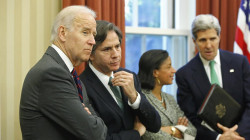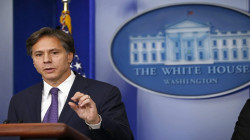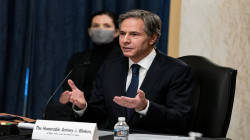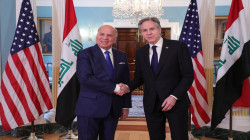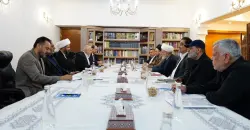Iraq's PM to Blinken: Iraqi security forces can pursue diplomatic mission attackers independently
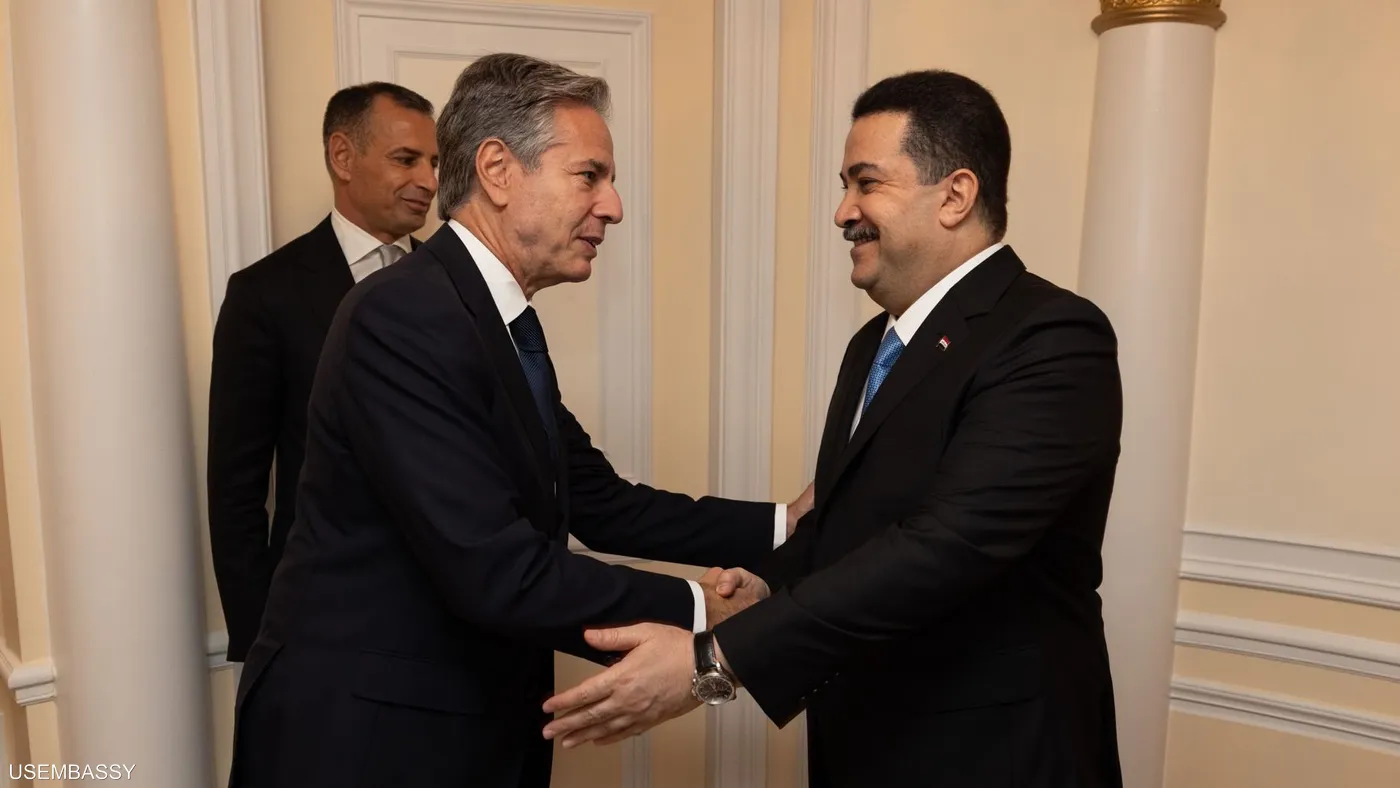
Shafaq News/ Iraqi Prime Minister Mohammad Shia Al-Sudani stressed the government's commitment to protecting the diplomatic missions in the country.
Al-Sudani's media office said that the Prime Minister received, on Tuesday, a phone call from U.S. Secretary of State Anthony Blinken.
Both sides discussed various topics of common interest, including ways to strengthen relations between Iraq and the United States, and regional and international developments.
Al-Sudani stressed Iraq's "keenness to fostering partnerships and collaboration with brotherly and friendly nations, aiming to address economic, security, and climate challenges collectively."
The Iraqi Prime Minister pointed out that Iraq is committed to protecting diplomatic missions and advisors, emphasizing the capability of Iraqi security forces to fulfill their responsibilities in pursuing those responsible for attacks on diplomatic missions without any external interference.
For his part, the U.S. Secretary of State welcomed the Iraqi government's measures to secure diplomatic missions and embassies operating in Iraq and to those behind the attacks.
The call between the two countries came after the U.S. embassy in Baghdad was attacked last week.
The U.S. Embassy spokesperson issued a statement saying that the "indications are the attacks were initiated by Iran-aligned militias, which operate freely in Iraq."
The Embassy said two missiles struck the embassy complex, and no casualties were reported until the moment.
The statement affirmed the U.S. right to self-defense and "to protect our personnel anywhere in the world."
The attacks on the U.S. interests in Iraq and Syria escalated after the clear Amercian support of Washington to Israel in its aggression against Palestinians in Gaza, where more than 18,500 were killed, most are children and women.
The United States keeps providing Tel Aviv with weapons and ammunition and using the veto power to block a Gaza ceasefire resolution.
In contrast, the "Axis of Resistance" (including Iraqi factions, Lebanese Hezbollah, and Ansarallah of Yemen) expressed full support to the Hamas Movement in confronting the Israeli operations in Gaza.
The Islamic Resistance in Iraq launched more than 70 attacks against the US-led Coalition forces in Syria and Iraq. The Ansarallah fired rockets and drones toward Israel despite being more than 1,000 miles away from Sanaa, the Yemeni capital.
The Houthis are also utilizing their control of Yemen's western seaboard, encompassing ports like Hodeidah, to launch attacks on shipping they perceive as linked to Israel.
On the Lebanese front, Israel is facing another "enemy," Hezbollah, the most potent Iran-aligned group in the Middle East.
More than 120 people have been killed on the Lebanese side, mostly Hezbollah fighters with one Lebanese soldier.
Israel also lost tens of soldiers in the military operations on the Lebanese-Palestinian borders.
Hezbollah's strategy started with attacking the Israeli telecommunication towers, which blocked the connection among the Israeli forces, then attacked with drones and rockets the Israeli army gatherings, killing dozens.
